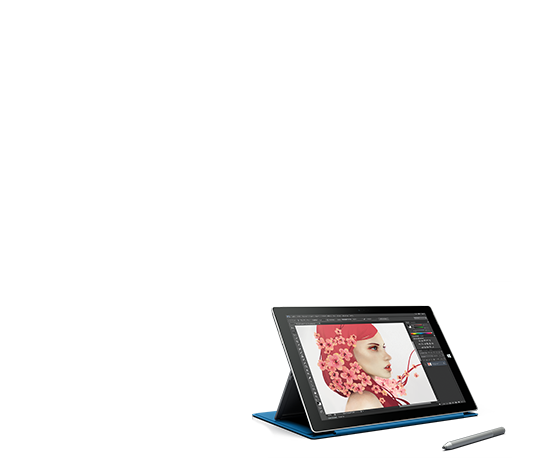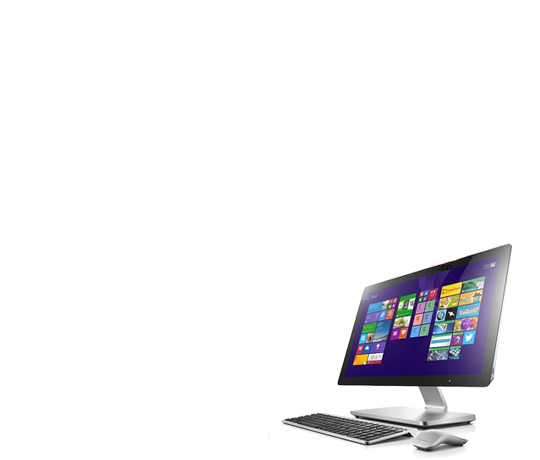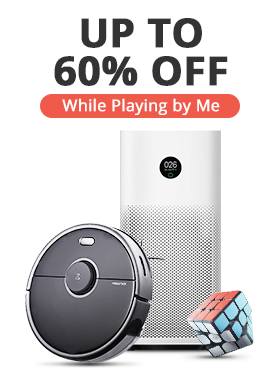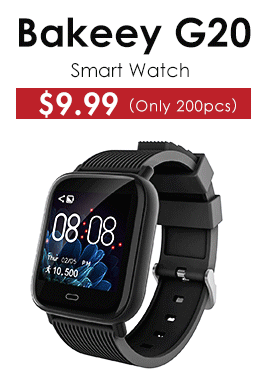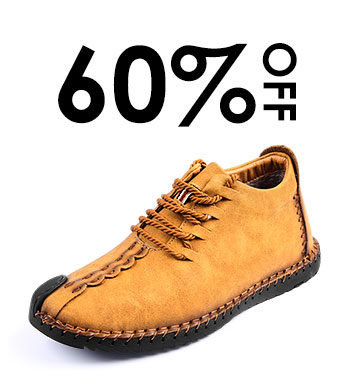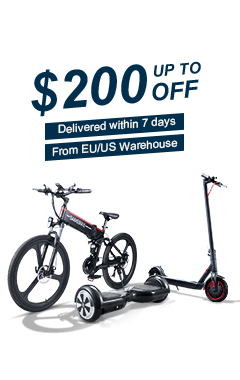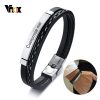12 Non-Physical Products to Sell on Shopify
When you think of Shopify, you get in your mind images of physical products such as shoes, consumer electronics, toys, etc. additionally, you think of small and behemoth businesses listing their products for sale in overseas and local markets.
True, such products populate much of Shopify stores, but in this context, we are talking of intangible items. Over the years, merchants have come up with creative ways and products to sell. A simple “course” search will bring thousands if not millions of results. On Shopify, you can sell anything, as long as there’s a market for it.
So, if you are a novice online entrepreneur with no physical product to sell, consider the following intangibles.
12 intangible product to sell on Shopify
In this section, we will introduce to you products that more than 15 thriving stores sell online and make a killing. Likewise, we will suggest a couple of tools that will significantly improve your Shopify experience.
1. Sell Appointments
Although shoes and other fashion wear are the largest beneficiaries of online businesses, nothing beats a personal visit to a store to find the shoe/dress that fits you properly. Conventionally, appointments have been widespread in the real estate and healthcare fields. However, the trend is going mainstream in shoes, furniture, and many more stores.
Here, vendors design products that meet a customer’s specific needs. Take Toufie as an example. The women’s shoe designer sells shoes that fit each customer. Customers don’t have to worry about buying a small or large shoe. Meliza Salim says that appointments have significantly improved customers’ satisfaction.
Apps to use: The store uses Appointment Booking app. This app enables clients to choose convenient time slots for an appointment. And thanks to its synchronization feature with Google Calendar, the customer instantly gets a confirmation email.
2. Sell Memberships
Memberships are a great way to make a profit, especially if you are an expert in a particular field. Here’s the catch, there’s so much free information out there. So how do you make it in such a saturated field? Well, many experts point to pricing as the factor that can either draw customers or repel them. Your pricing ought to match the level of experience you are offering.
For example, the California Native Plant Society sells memberships to customers through Shopify using an app. If you are new to membership business, it works more like a subscription business. You make money through recurring payments.
Apps to use: Apps such as Recurring Membership allows Shopify merchants to sell recurring or one-time memberships to online businesses. Besides, the service can be used for physical stores. The app is so efficient that it displays content based on a client’s subscription plan.
3. Sell consultation services
Are you an expert in a specific field? Is the demand for knowledge on the said field ever-increasing? Wondering where to start? Why not kick start your career by offering consultations on Shopify? You see, you can sell your expertise in the form of training or workshop. The best part? You can do it online.
Whether you are an experienced deejay, architect, or beautician, you can sell online or physical consultations via Shopify. Take Healthy Habits Living as an example. The company sells supplements via their online platform while its owner, Carly Neubert, offers consultations on nutrition on the same site.
Apps to use: So, where do you start? You can either settle for Shopify’s Invoice Generator or Sufio. Sufio automatically processes professionally crafted invoices and sends them direct to the client. For as low as $19 per month, you can use this stellar service.
4. Sell digital products
If neither of the above resonates with you, why not try your luck in digital products. They refer to products such as music files, design elements, templates, fonts, etc. in fact, the market analysis of digital products is poised to rise 2019 onwards. In 2018, the industry’s revenue accumulated to a whopping $44.3 million.
Besides, unlike physical products, digital products are not prone to wear and tear. And they are evergreen. What you sold in 2016 can still attract customers in 2020, you get the gist? Furthermore, they are easy to manage and deliver to your customers. For example, the owner of Pretty Presets, Laura Thomas, uses Shopify to sell Lightroom preset.
Apps to use: There are at least four recommended, which include Digital Downloads, SendOwl, FetchApp, and Sky Pilot. Digital Downloads is a Shopify free app that enables you to sell non-physical products on the fly. It is easy to install and use the app for your customers.
5. Sell event support products
Event support products are also profitable on Shopify. They include lighting, wiring, tables and chairs, decorations, lockers for runners, etc. these are services that make an event successful.
The Mobile Locker Co. sell these products by renting and delivering lockers for outdoor events and marathons. Once the event organizers liaise with the company, the Mobile Locker Co. reaches out to participants where they book their lockers online.
Molly O’Connor, the founder of the company, says that their services enable runners to secure lockers early enough and even save at least 20%.
If you have an event involving people from different countries with varied food preferences, then Parthenon Foods is here to help. It offers a wide selection of gourmet foods from more than 45 countries. Besides, they have clients from all over the world thanks to their international shipping policy. Well, if sourcing a wide array of recipes is daunting, talk to them and let them help you out.
Apps to use: Since such events require the collection of specific data from clients, apps such as BookThatApp, Powr Form Builder, and Tidio are ideal. Besides, ensure that the apps have real-time booking capabilities.
6. Sell experiences
Why not sell what you experience in your leisure time? This can range from hiking adventures, mounting climbing, exercising, etc. draw inspiration from Aspen Expeditions Worldwide, the company sells camping expeditions, international guided trips, and rock climbing adventures through its Shopify store.
And to enable seamless sharing and assimilation of information, the company adds tabs to its product descriptions. Why add tabs? Because such pages require a lot of copy to educate, persuade, and inform prospect clients.
Apps to use: If you are looking forward to selling such a product, you’ll need to collect additional customer information such as medical records and emergency contact. Luckily, Powr Form Builder will enable you to do all the above.
7. Sell courses, workshops, and webinars
With the growing adoption of the internet across the globe, most people are searching for information online. You can take advantage of this by offering courses or workshops on areas of your expertise.
Buti Yoga is one example. The company offers calories-burning classes in terms of cardio massive dance and yoga and sells it to clients online. Clients can then workout in their desired time through following videos, attending conventions or retreats. Once the client is fully trained, they can go on to become instructors.
This trend is not only in the fitness sphere but also in music, language, and programming and art schools. They sell membership plans to clients who then follow their timetable. And how do they sell them? Through Shopify stores. If you have a course that you’d like to sell to a wide array of audience, then Shopify is the answer for you.
Apps to use: For lessons and class booking, customers can use the Appointment Booking app while gyms and fitness studios can use the Recurring Membership app.
8. Rent products
Rental businesses provide clients with physical products for a certain amount of time. Customers do not own the product but use it to meet a particular need and then return it.
Mannequin Madness is a Shopify store that sells and rents retail props to other shops. Judi Henderson, the owner of the stores, says that she stumbled into the business by accident when she found on Craiglist a person selling mannequins.
Later, she bought the entire inventory and started her business. They use contact forms to assess a client before proceeding with the rental request.
Another store that rents products is Fitzroy. Unlike Mannequin Madness, the site enables a client to choose a rental period and from which date on the product description page. They use a user-friendly app and a straightforward approach to simplify the renting process.
Apps to use: Apps to use are Powr Form Builder for rental requests and BookTheAPP to include a calendar in your product description pages.
9. Quotes and installations
So many products require precise installation, of which many DIY homeowners cannot. As such, there is a growing demand for installation services spanning from solar, electricity, air conditioner installation, and many more. If you are well-versed in an installation process, then sell your services on Shopify.
In addition to selling solar energy solutions, GoGreenSolar.com installs them for their clients. The installation process is tedious, and the nature of the product requires specific customization. As such, the company provides clients with done-for-you quotes and expert advice that can be found on contact forms.
Apps to use: The most recommended app is the Quick Quote. The app enables you to collect quotes from your customers, track the quote, and also chat with the customers. In addition to simple customization businesses, the app also caters for companies that perform full-scale customization such as graphic designers.
10. Donations
With the ease to donate to worthy causes on the rise, many charities have opted for Shopify to further their donations. Many nonprofits use Shopify stores to sell t-shirts, umbrellas, and other branded products and channel the profits to the cause. Others sell a one-time or recurring donation on their eCommerce platforms.
Well, organizations such as Calgary Public Library Foundation use Shopify to sell their branded merchandise and accept donations via their online platform in a bid to keep the library thriving.
Apps to use: If you sell recurring donations, then ReCharge app is the ideal platform. You can also incorporate TaxReceipts to send automated and customized receipts to your customers. Likewise, Share the Love app provides a charity donation option at check-out. As such, customers can contribute to a worthy cause.
11. Tickets to events
Events are on the rise in this 21st century. From the likes of Tomorrowland to small events organized by individual artists or bands. Whichever the case, tickets have to be sold to provide entry for attendants. This demand has seen the development of Shopify stores such as Undertow.
Undertow works with artists and bands across the United States to sell tickets online. The best part? They are not delivered physically, but the buyer downloads a pdf form and prints it. Simple right? You can offer this service to artists within your country and beyond.
Apps to use: Why not try Events Calendar? The app syncs Shopify with Google Calendar in a bid to keep clients updated on upcoming events. To send downloadable tickets, use SendOwl or Sky Pilot. Besides, you can opt for the Shopify’s QR Code Generator app.
12. Sell digital gift cards
This is the most accessible and most convenient non-physical product you can sell online. Regardless of the nature of your store, you can add gift cards. However, you ought to be on Shopify plan or a higher plan. Besides, shoppers are more willing to buy digital gift cards should they now they are available.
Well, while you can solely sell intangible products, you can act as an add-on to your physical product store. To choose the ideal product to sell, you can assess the reasons why customers buy from your store. Besides, look for on-demand non-physical products and sell them to eager customers.
Over to you
We hope this article has been of great help to you. We guarantee that the above non-physical products will sell like hotcake and you are bound to make profits. Do thorough market research, and if you are not well-versed with Shopify, consult an expert.
Now, we’d like to hear from you:
If you sell non-physical products on Shopify, which product works for you? Which is your most preferred app?
Let us know in the comment section.


